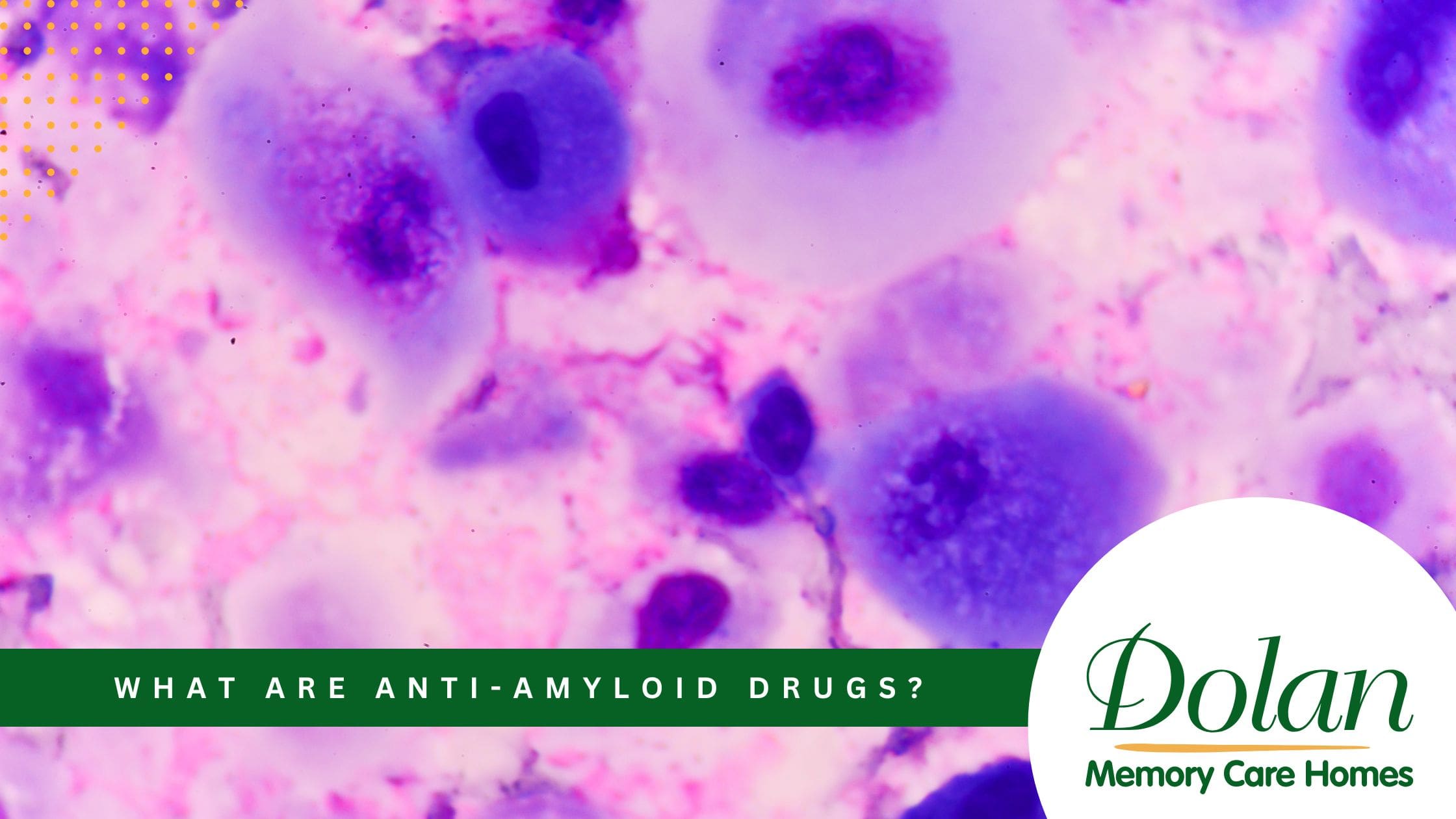To most people, hot flashes are known as a normal symptom of menopause. They’re not comfortable or pleasant, but aren’t cause for concern. However, according to a recent study, they may not be as innocent as they seem. Research that was presented at the 2023 Annual Meeting of The Menopause Society in Philadelphia found that hot flashes may be an early Alzheimer’s disease warning sign.
What are hot flashes?
Hot flashes are essentially what they sound like: A sudden feeling of warmth in the upper body which is usually most intense over the face, neck, and chest. They are a common symptom experienced by women going through menopause. About 80% of women report experiencing hot flashes during this phase of life.
Hot flashes and cognition
The most recent research suggests an association between hot flashes and cognition. Hot flashes, especially those that occur during sleep, are linked to poorer cognition and poorer brain health. For women going through menopause, hot flashes are not only uncomfortable, but also a potential warning sign of cognitive decline.
Hot flashes and dementia
Taking it even a step further, the research presented in Philadelphia explored the potential connection between menopause and Alzheimer’s.
People who experience hot flashes during sleep during menopause were found to have a higher risk of Alzheimer’s. It was found that people who experience hot flashes have more of a brain biomarker known as white matter hyperintensities. White matter hyperintensities have been linked to an increased risk of Alzheimer’s disease and cognitive decline.
Thus, it seems that hot flashes could be female-specific midlife markers of brain health. This dementia research shines a light on hot flashes as a potential warning sign of dementia or Alzheimer’s.
Implications: What To Do If You Are Experiencing Hot Flashes
For those who are currently going through menopause and experiencing hot flashes during sleep, these new findings may seem alarming. However, there is no need to panic. Although hot flashes could be a dementia risk factor, there are things you can do to reduce your risk of Alzheimer’s or dementia. Past Alzheimer’s research has determined that there are controllable risk factors people can change to lower their risk of dementia. For instance, eating a healthy diet, staying physically active, and keeping your brain active with mental stimulation can all help reduce your chances of developing Alzheimer’s or dementia.
And the other good news is that the more we know about dementia and its causes, the better we will be able to treat, prevent, and cure the disease. Understanding the relationship between hot flashes and dementia could be helpful for future researchers as they work to end Alzheimer’s.
Sources:






